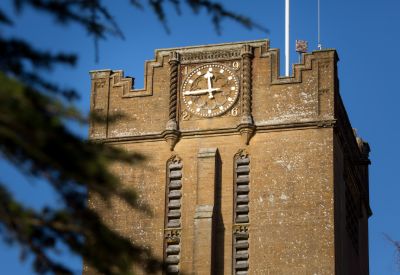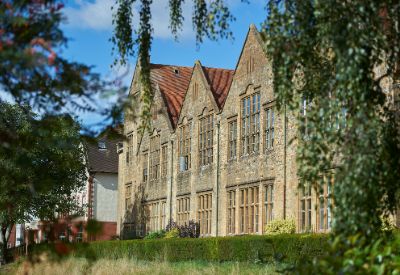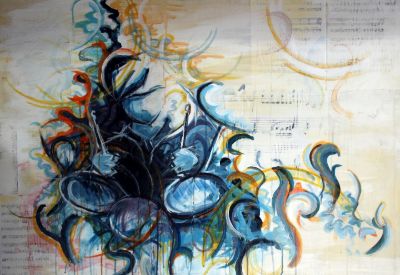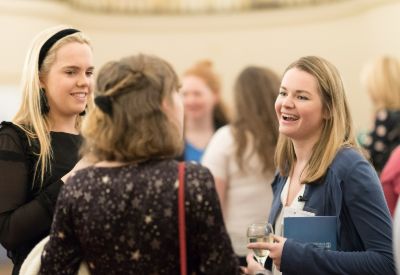
While I am sure many of you are keenly aware of the events unfolding in America under the Presidency of Donald Trump, there is one specific event that I would like to draw your attention to this morning. At a rally in Alabama on Friday, Trump declared that NFL employers should fire the players that refused to stand and instead kneeled during the playing of the national anthem. The predominantly white American crowd chanted “USA” to the voice of Donald Trump denouncing these men for protesting issues such as the treatment of African Americans in the USA, claiming it to be disrespectful towards the values of Americans. The creation of the “us and them” rhetoric in the speech he made is indicative of Trump’s most polarizing tool: race.
Trump’s entire political career from pledging to build a wall to stop movement across America’s border with Mexico to the reluctant nature in which he condemned the demonstrations held by white supremacists has been fuelled by racial divisions. Attacks on immigrants and minorities have illustrated clearly the growing feeling in America of blatant racial divides, spurred on primarily by the rhetoric coming from the President himself.
Just in case anyone wasn’t already sure, the theme for this academic year is “embrace change”. Undoubtedly on an individual level you are all fully capable of seeing the value of having the ability to adapt yourself quickly to a situation and make the most of the challenges that are presented to you. However, from the growing divisions in America of which I have only mentioned race, it is sometimes difficult to see when you should embrace change and when you should challenge it.
Surprisingly perhaps, I am not actually going to talk to you today about Donald Trump, I have a feeling most of you are tired of hearing about his seemingly endless list of blunders
and so instead, I am going to talk to you about something a little closer to my home.
I am sure some of you already know this, but for those of you that don’t: I live in Belgrade which is the capital city of Serbia, a country located in Eastern Europe as you can see on the map. Now for those of you who studied GCSE history you’ll know that Serbia was the country from which Gavrilo Princip, a member of the pro-Serbian terrorist organisation the Black Hand, came from, or perhaps instead he is better known as the man who shot Archduke Franz Ferdinand in Sarajevo, an event that kick-started the escalation into the First World War.
While this small piece of Serbian history might be familiar to you, few people, teachers excluded, I imagine, are familiar with the events of the Bosnian war that occurred between the years of 1990-1995. The war arose as the communist state of Yugoslavia dissolved and its member states such as Bosnia, Croatia and Slovenia declared independence from the Serbian dominated Yugoslavia.
What is less well known is that during this war, in 1995, the Bosnian Serbs were the perpetrators of the biggest genocide in Europe since World War II where over 8,000 Muslim men and boys were systematically executed in the areas surrounding the town of Srebrenica. It is understandably surprising to hear that a mass killing occurred so recently and in Europe, especially after the events that transpired in Nazi Germany.
In the late 1980s, a Serbian politician, who later became president, called Slobodan Milosevic used the weakening Yugoslavian state to whip up a frenzy of Serbian nationalism calling for the eradication of Muslims and Croats from the Serbian landscape.
When Yugoslavia eventually crumbled, Milosevic armed Serbs in Bosnia and encouraged violence against the Muslim minorities. The rhetoric was powerful- Serbs were facing economic hardship and the loss of the Yugoslavian state and the use of the persecution of minorities was an effective way for Milosevic to mobilize the Serbs to protect Serb interests.
What followed was a brutal war where families comprised of Croats, Serbs and Bosnians turned on each other, splitting communities and the landscape and facilitated some of the worst atrocities in Europe for almost half a century.
This summer, as part of my Extended Essay research I went to Srebrenica, the UN safe enclave where thousands and thousands of Muslim men, women, and children fled to as the surrounding areas were overrun by Serb forces.
The warehouses where these refugees stayed before they were handed over to the Serbs by the UN Peacekeepers had been entirely abandoned and stood as they did the day the UN presence left Bosnia. In what appears now a peaceful mining town with little disruption, the only real remnants of the atrocities that occurred there are signs warning of landmines in the surrounding forests and a memorial to the Muslims killed in the area, a gravesite that is still being added to today as bodies are exhumed and finally identified.
I am aware that this is an immensely heavy topic to be handling at 8:40 on a Monday morning after an exeat. However, the lessons to be learned from a disaster of the scale of Bosnian conflict and Srebrenica are invaluable. Perhaps it is not yet clear why I started this talk with Donald Trump but having studied the speeches and rhetoric of Milosevic, it is not difficult to imagine where such damaging policy, as present in Bosnia in the 1990s, emerges from. Perhaps at this point, it is important to clarify that I do not believe Trump’s actions in America will have the same consequences as Milosevic’s policies, however, there are undoubted parallels to be drawn.
Specifically, Stephen Nuno, a political science professor at the University of Northern Arizona said that “Trump is specifically trying to run on a strategy of mobilizing whites, it's not coalition building. It's identity formation.” It is this formation of identity on the premise of race that fuelled the wars in the Balkans almost 20 years ago and, before anyone could understand what was happening, the conflict escalated into ethnically-based violence that could not be stopped.
This brings me back to my central point. In the middle of Milosevic’s rallying of nationalistic sentiment, there were those who stood contrary to the message of racial purity and hatred just as there are people across the world today who fight against Trump’s political and racial doctrine. While such issues may feel very far removed from our Sherborne community, each person here, once 18, has the power to vote freely in a democratic system. Equally, we all legally possess the right to protest or show support for policies or events. In these times of immense social upheaval, it is vital that we exercise our power to decide which changes should be promoted and which changes should be protested. I am not saying that at every turn, our actions are reflective of a wider political agenda. Instead, I think we should be aware of the power individuals’ posses: The power to determine the change of our community, and therefore I encourage you not only to embrace the change you are presented with but to actively create the change that you wish to see and the community you wish to live in.


_(1).jpg)




.JPG&command_2=resize&height_2=85)












